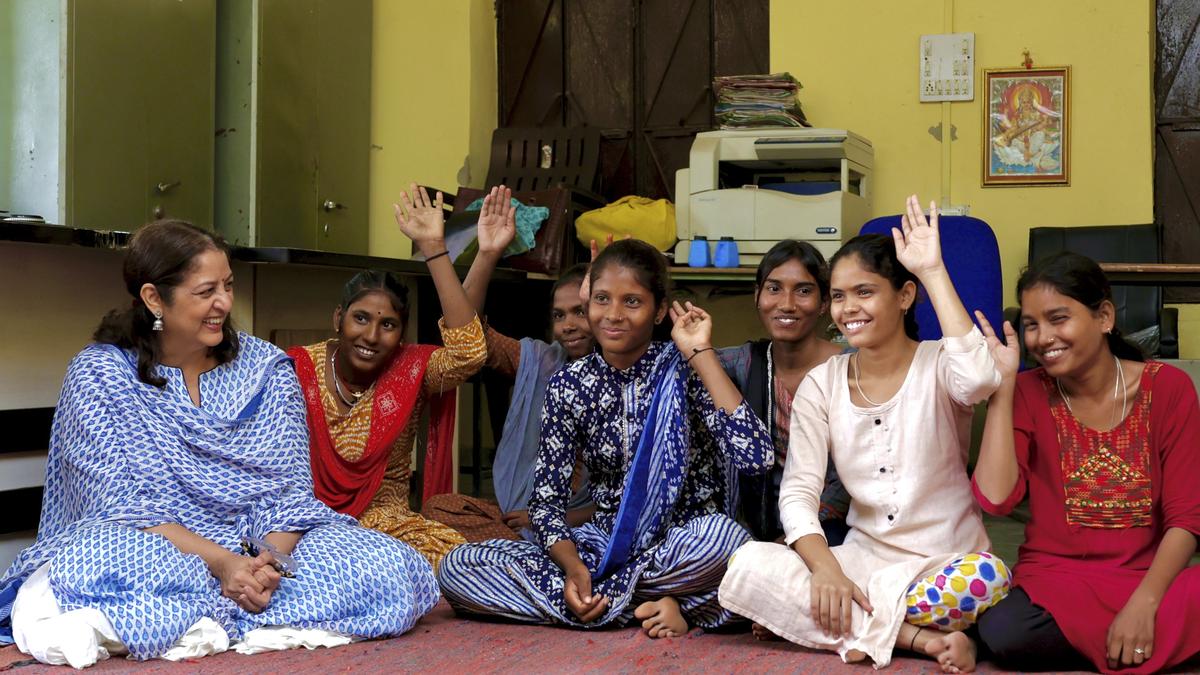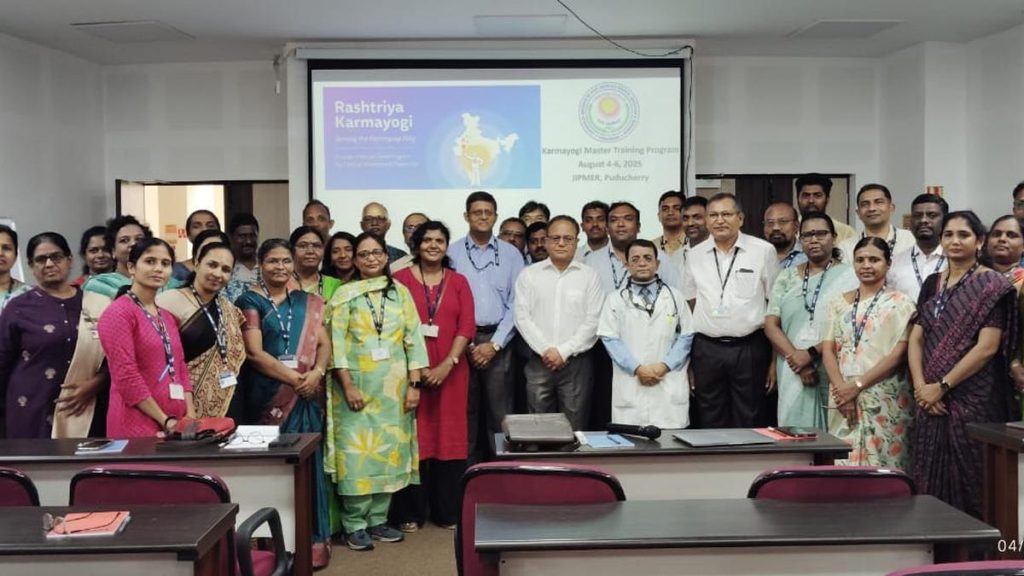Now Reading: Educate Girls Wins Magsaysay Award: A Proud Milestone for India, Says Founder Safeena Husain
-
01
Educate Girls Wins Magsaysay Award: A Proud Milestone for India, Says Founder Safeena Husain
Educate Girls Wins Magsaysay Award: A Proud Milestone for India, Says Founder Safeena Husain

Quick Summary
- Indian non-profit ‘Educate Girls’ won teh prestigious Ramon Magsaysay award on August 31,2025,marking a historic moment as the first Indian organization to receive this honor.
- The award celebrates Educate Girls’ efforts in breaking cultural stereotypes and promoting girls’ education to empower them with skills and agency for achieving their full potential.
- Founded by Safeena Husain, the initiative began in a remote village of Rajasthan and has expanded over time to reach more than 30,000 villages, involving over two million girls with a remarkable retention rate of over 90%.
- Ms. Husain emphasized that educating one girl multiplies change across families,generations,and nations. The organization aims to reach 10 million learners globally within the next decade.
- CEO Gayatri Nair Lobo highlighted partnerships with governments, philanthropic institutions, corporations, and grassroots communities as crucial for overcoming systemic barriers to equitable education for girls.
- The Ramon Magsaysay Award Foundation (RMAF) praised Educate Girls’ effectiveness in liberating young women across India from illiteracy.
Indian Opinion Analysis
The recognition of ‘Educate Girls’ through the Ramon Magsaysay Award underscores India’s leading role in addressing systemic challenges faced by underprivileged young women through grassroots initiatives. This accomplishment highlights how localized efforts can create transformative national impacts when scaled effectively.
its retention rate of over 90% demonstrates success not just in enrollment but sustained learning outcomes-a critical metric often overlooked in large-scale educational campaigns globally. Moreover, its plans to reach 10 million learners signal ambitions beyond domestic borders towards global influence.
The acknowledgment also points toward accomplished collaboration between civil societies like ‘Educate Girls’ and governmental bodies in India’s ongoing battle against gender inequality-a partnership model worth emulating for other nations grappling with similar issues.
While celebrating this milestone is important due to its implications on empowering future generations via education reform-the broader challenge now lies ahead: ensuring such successes are sustained amidst evolving socio-economic conditions.























